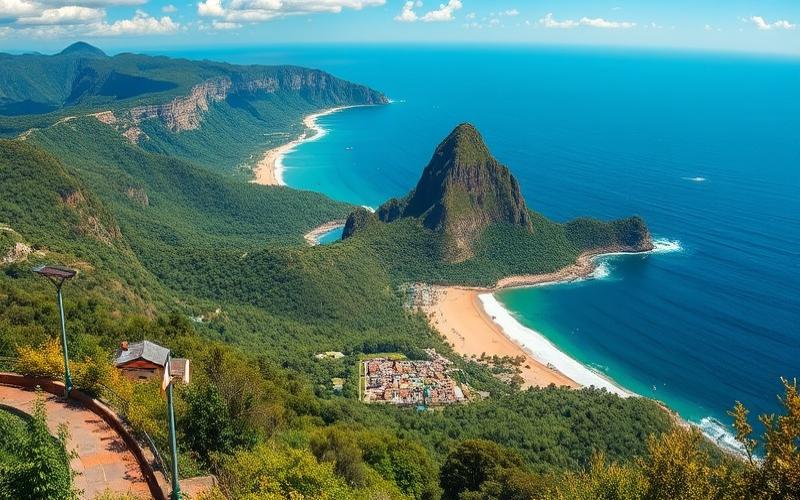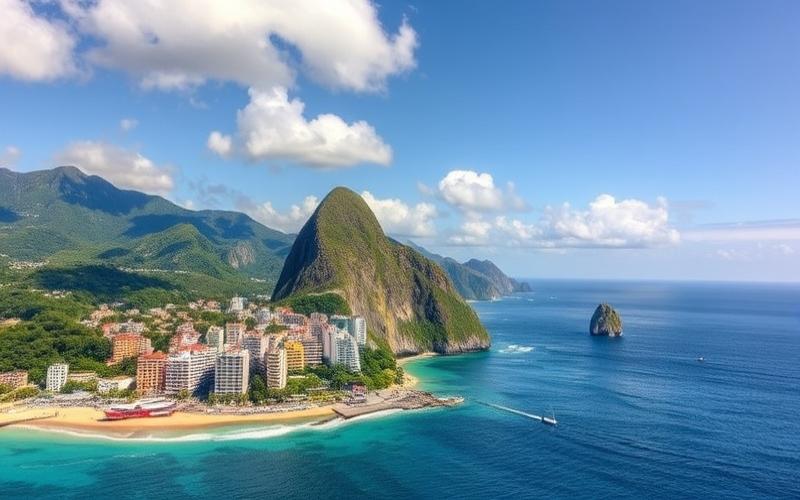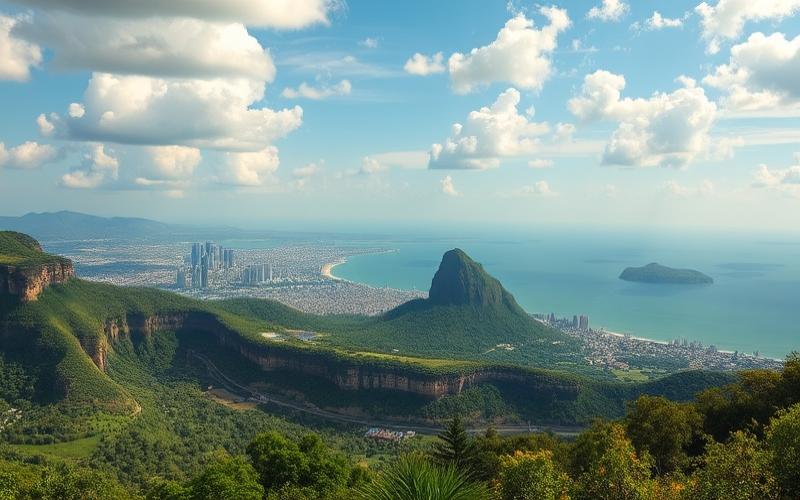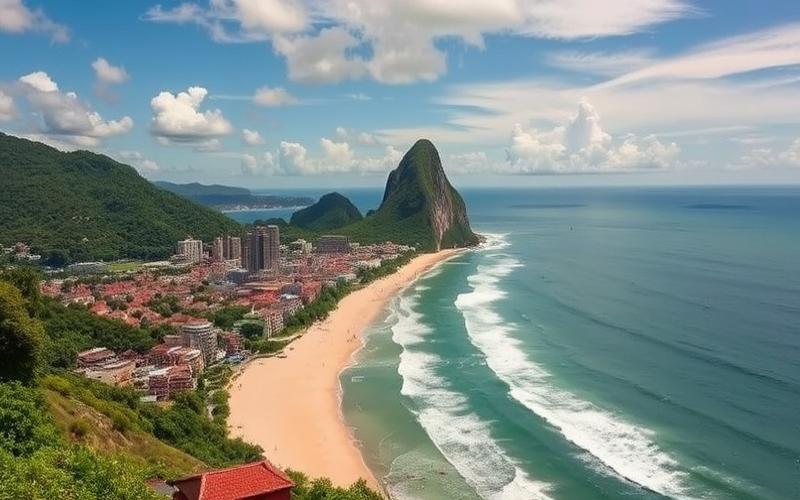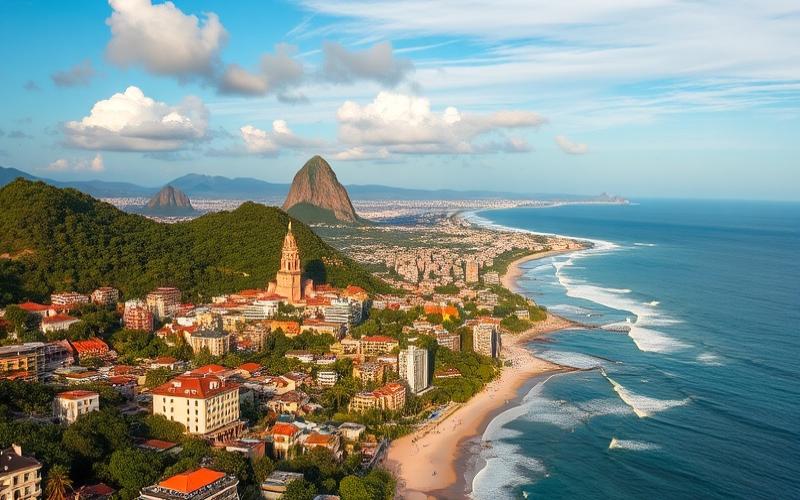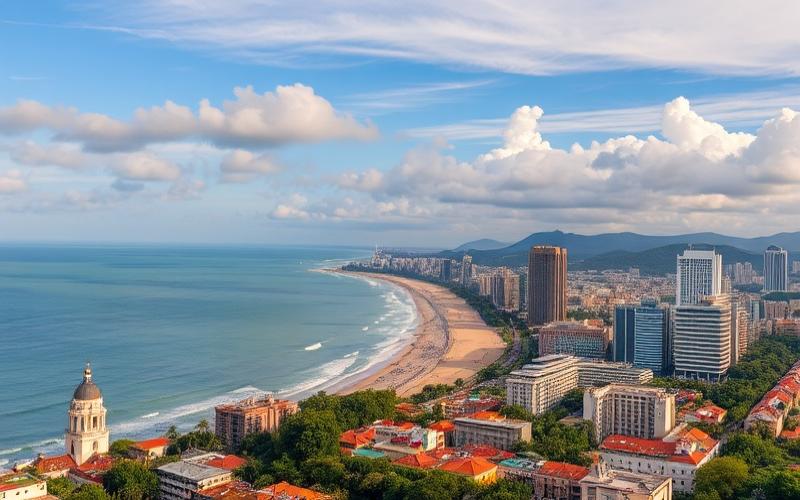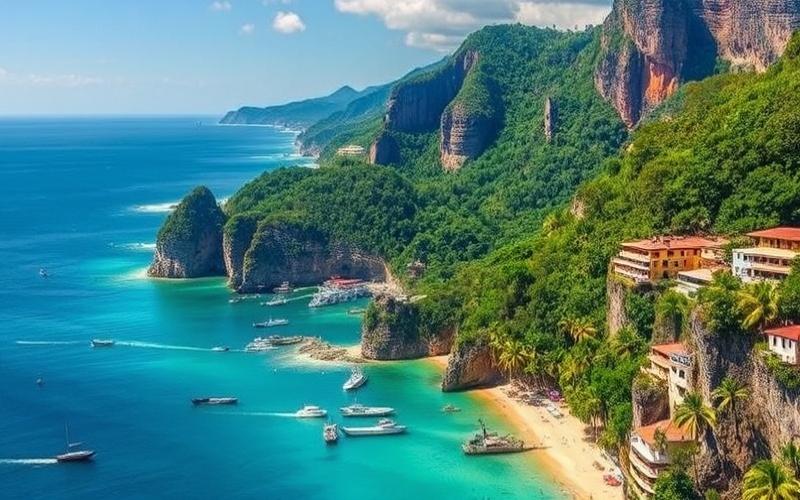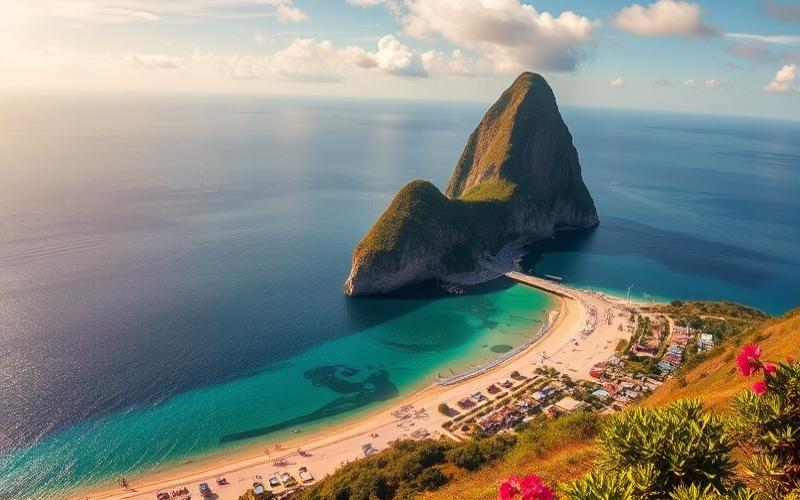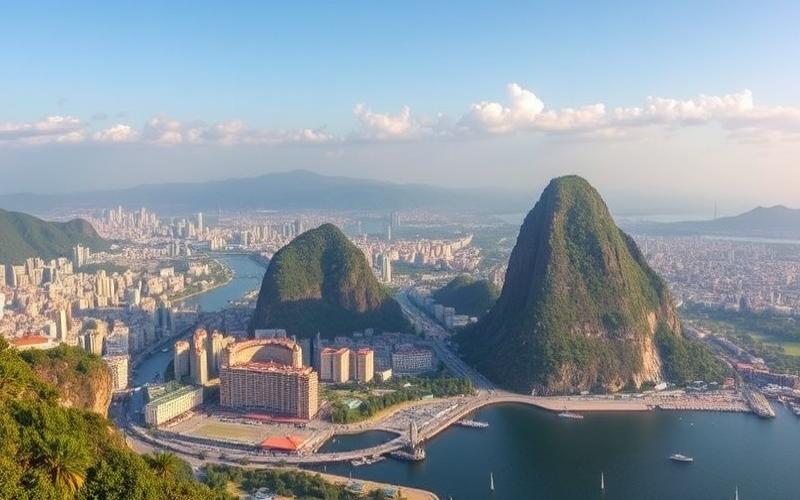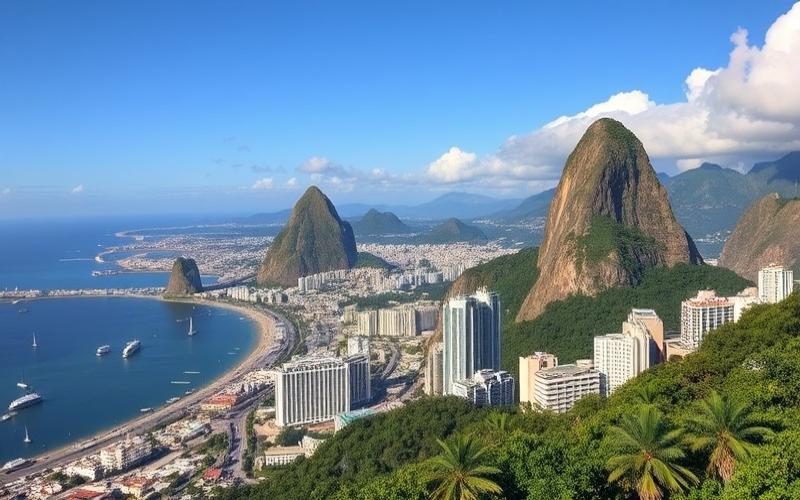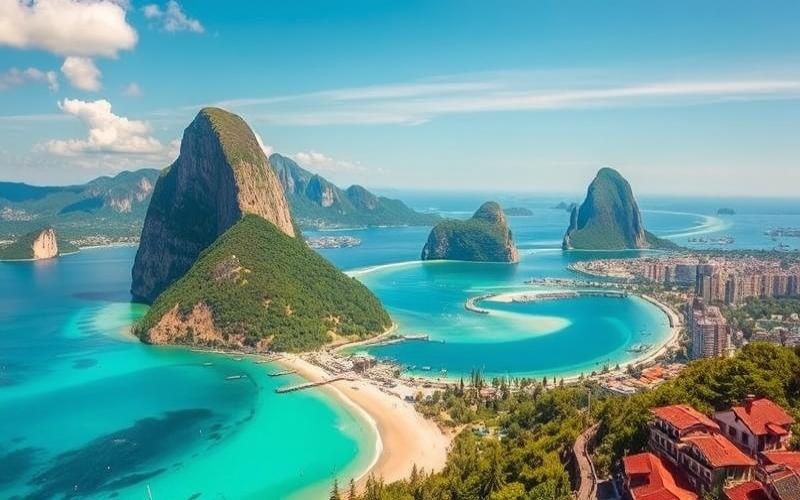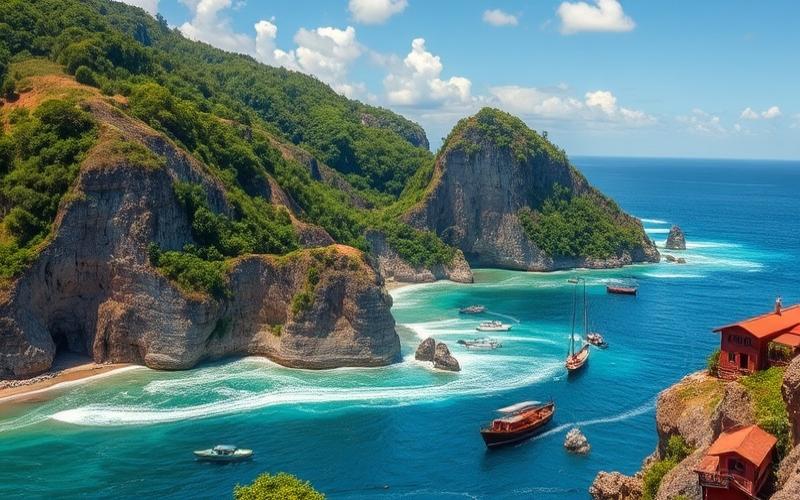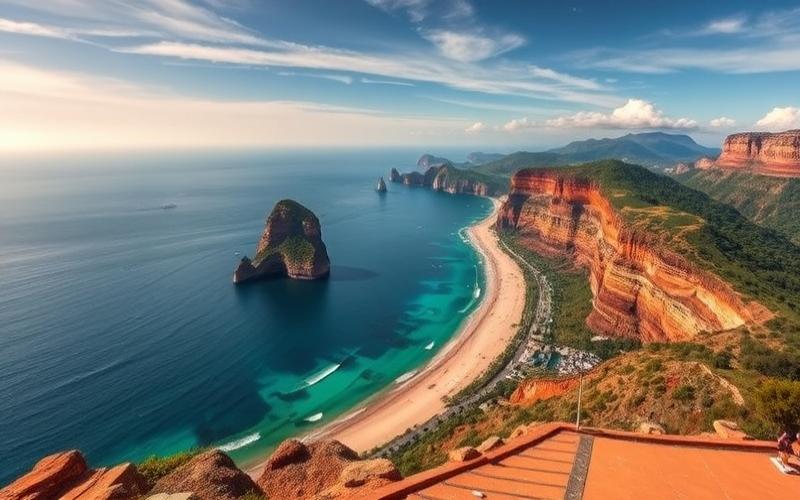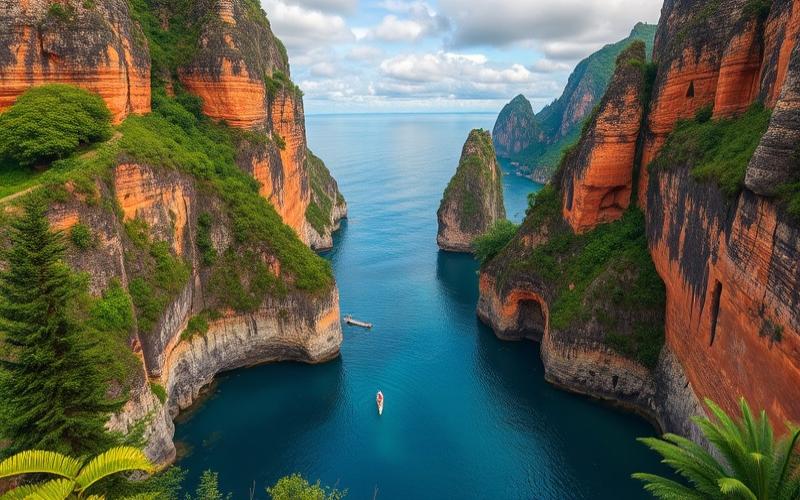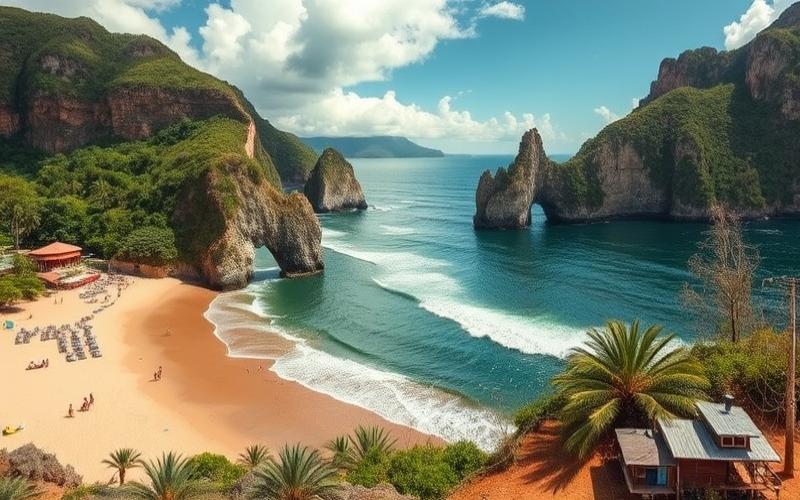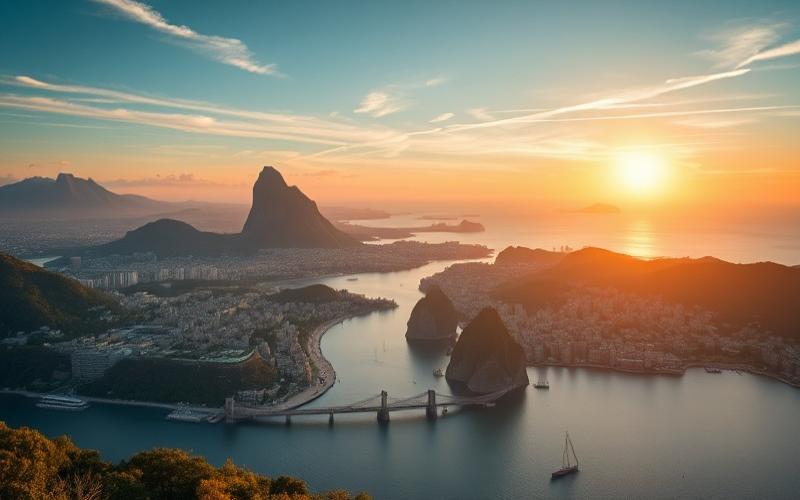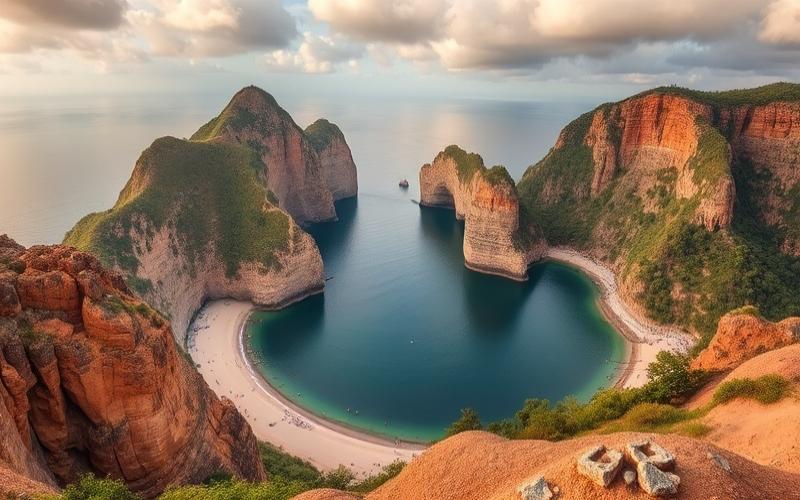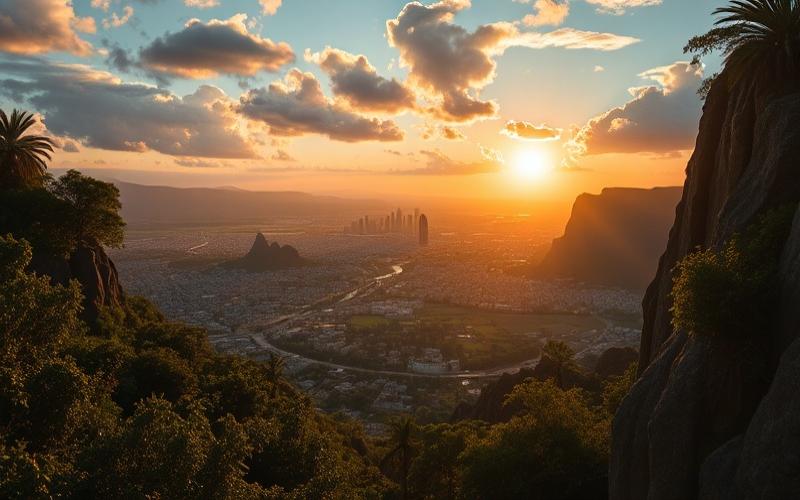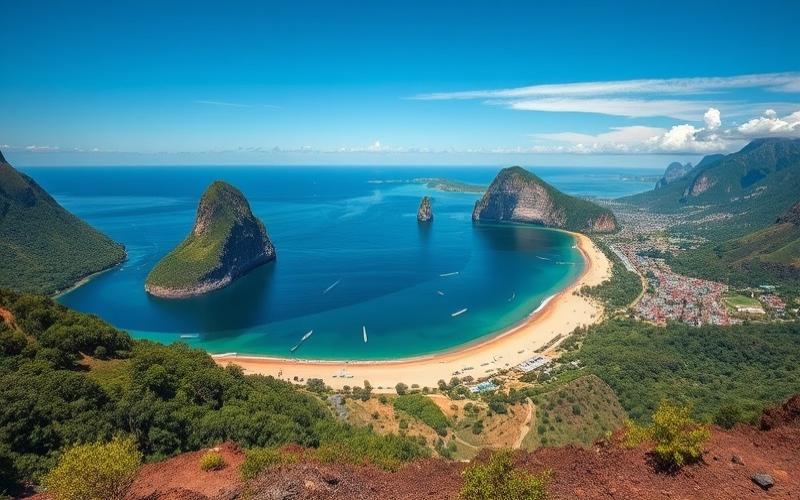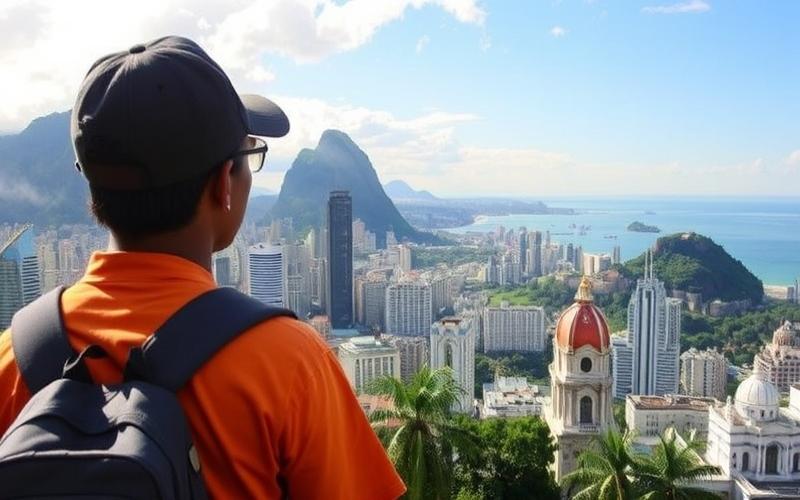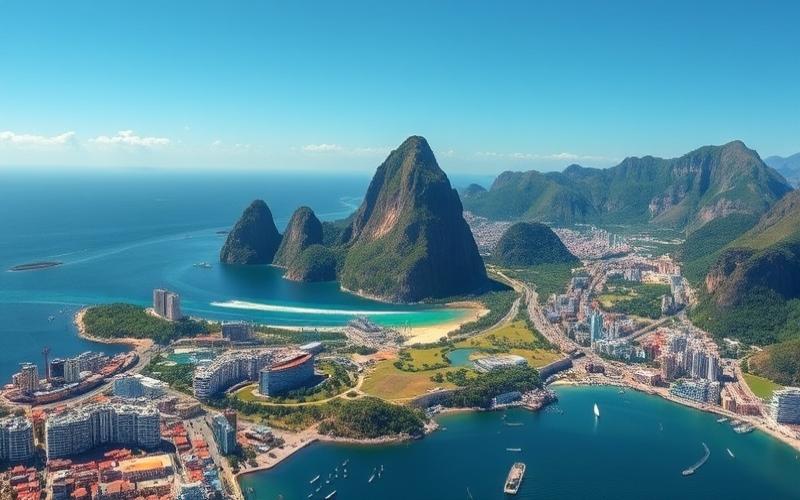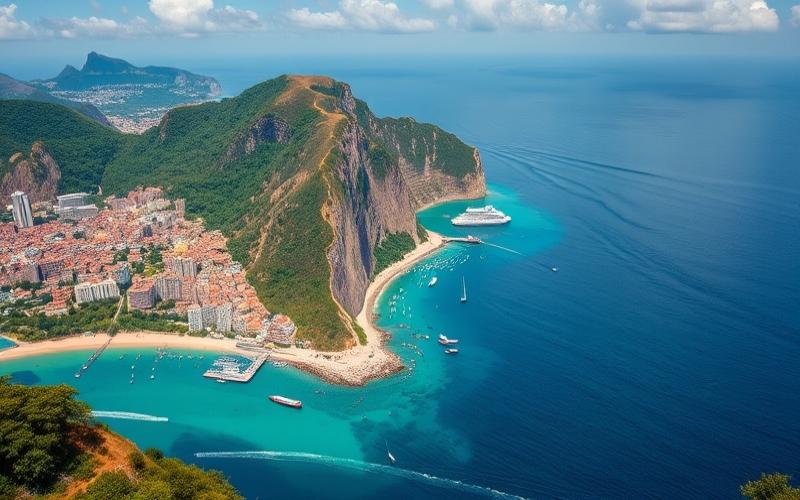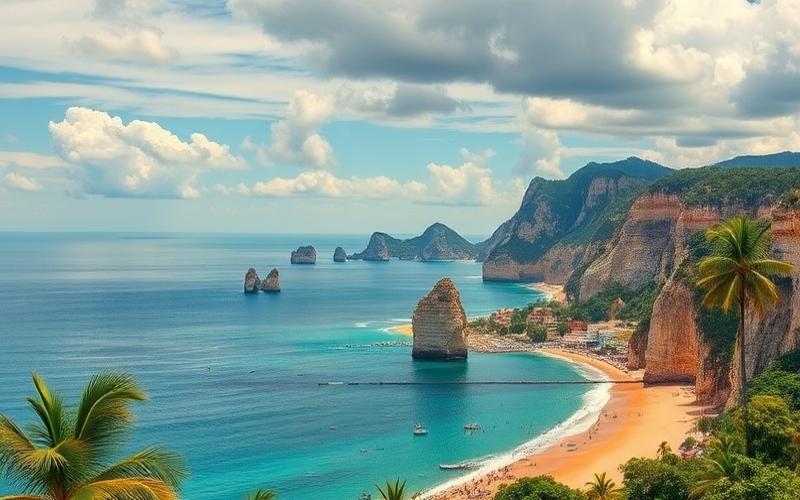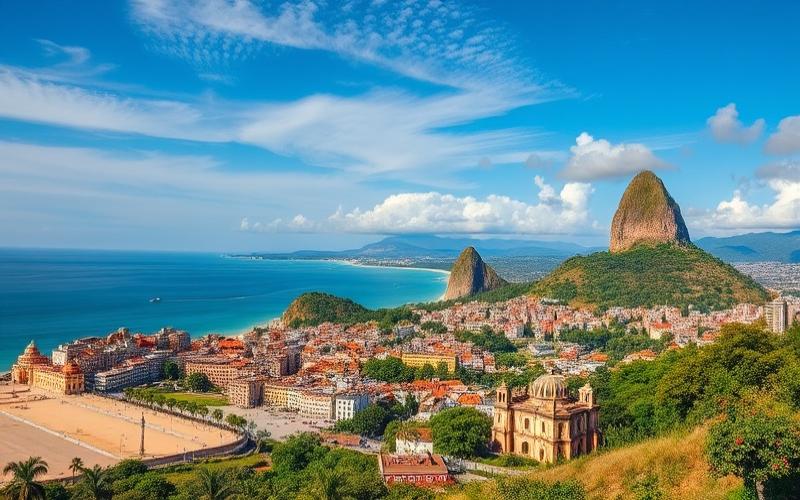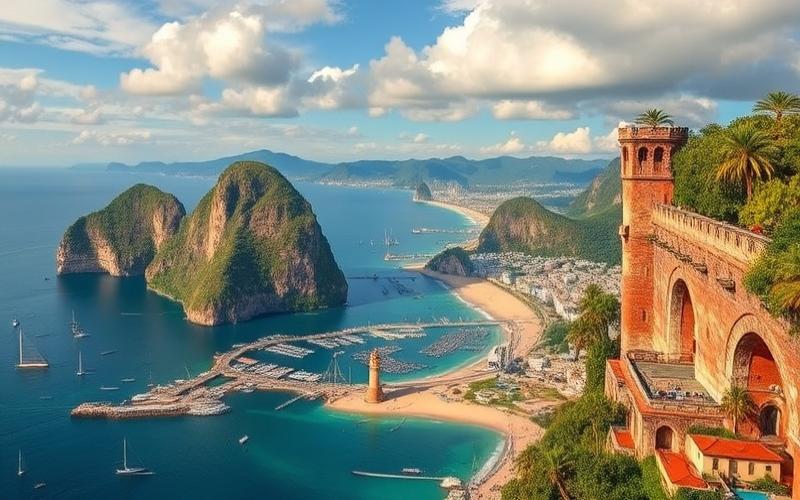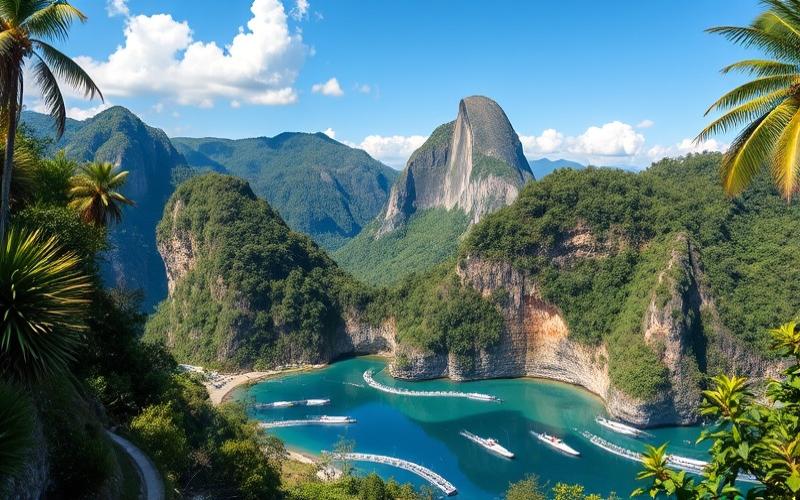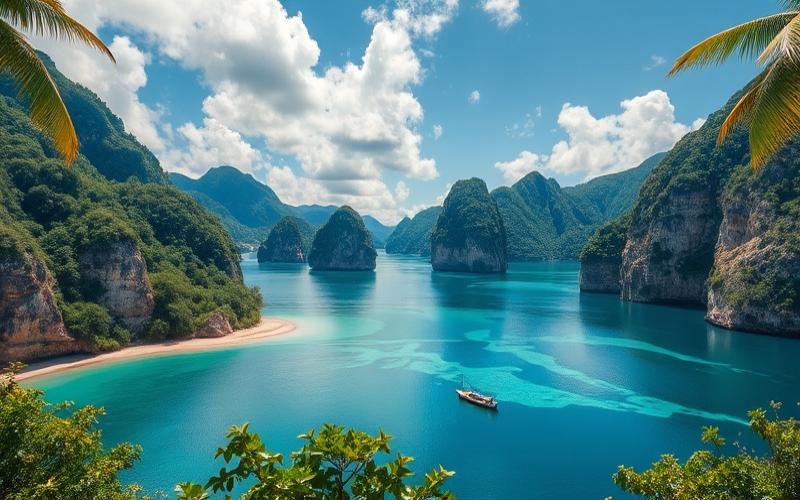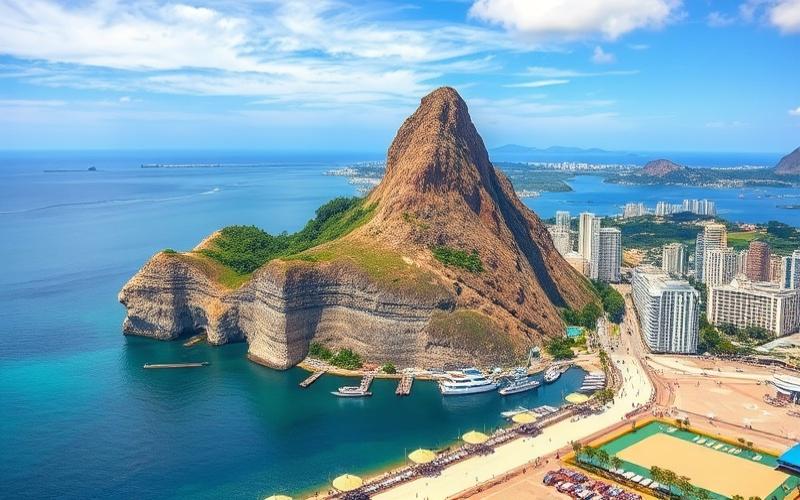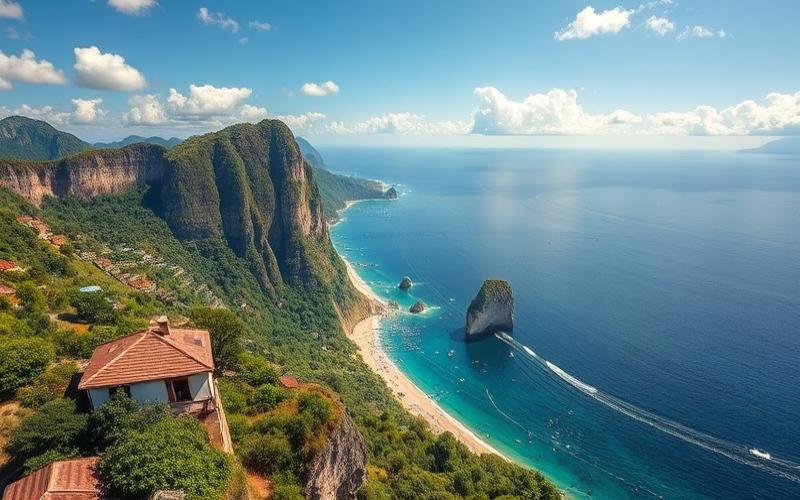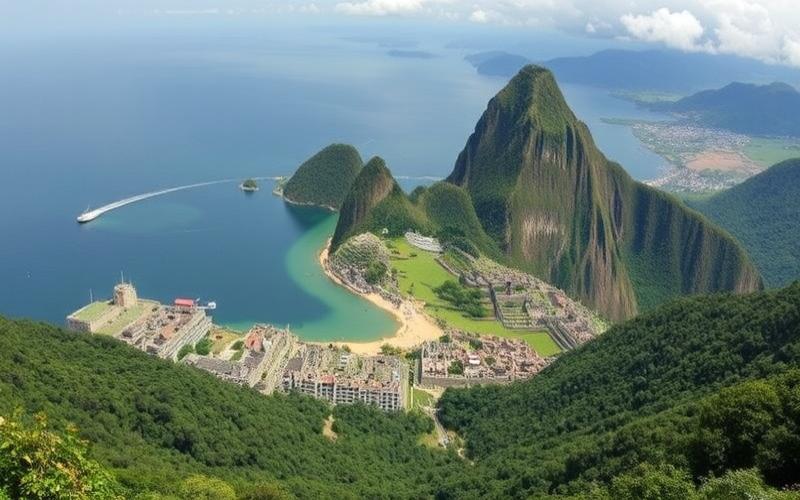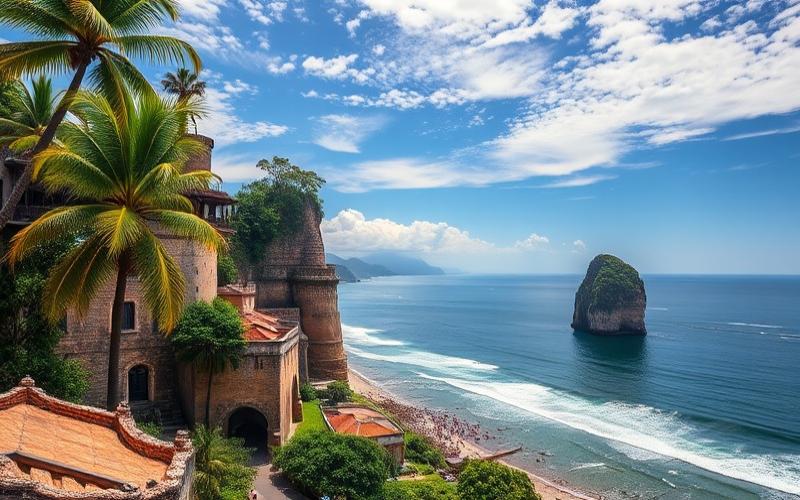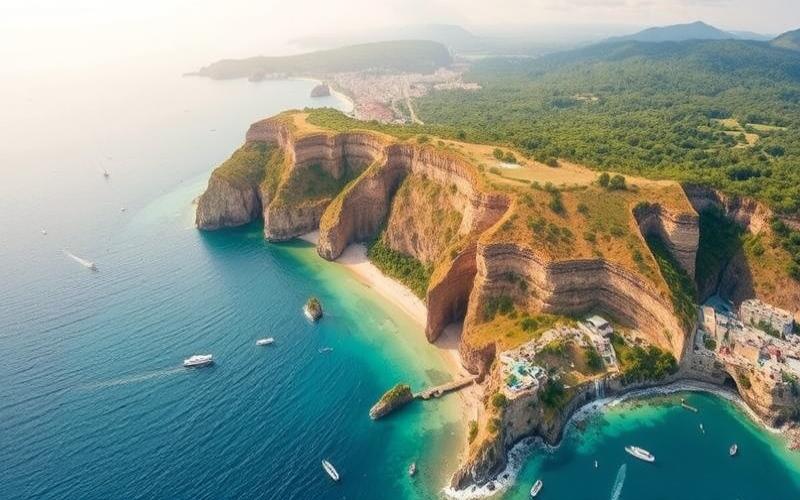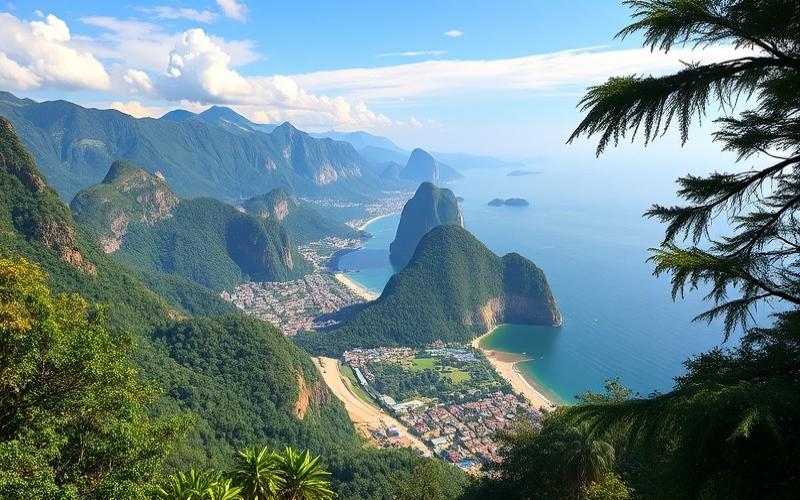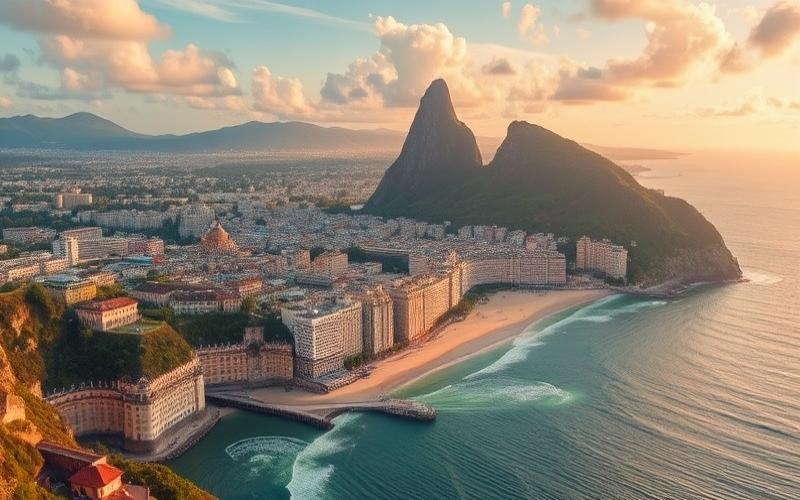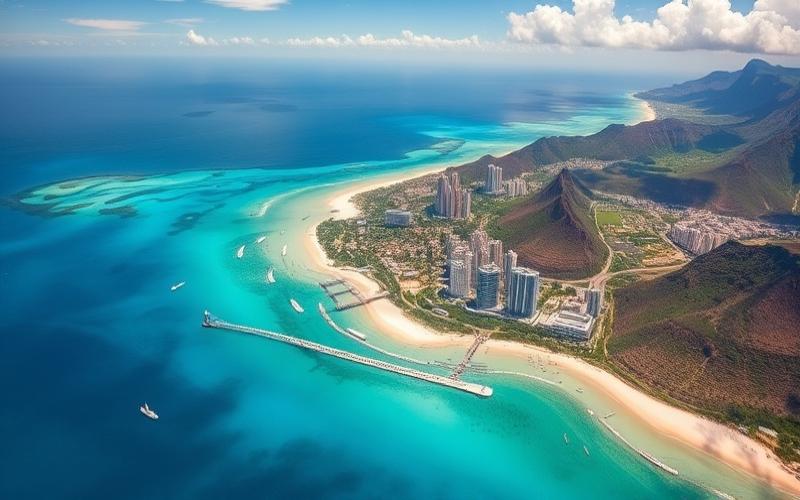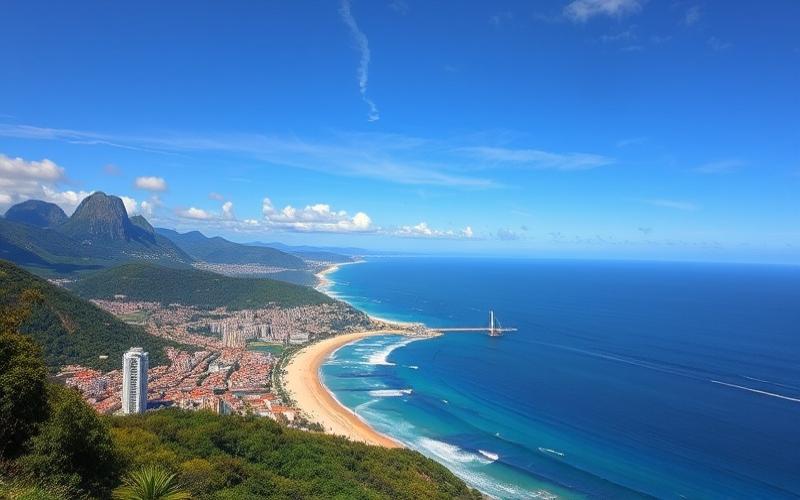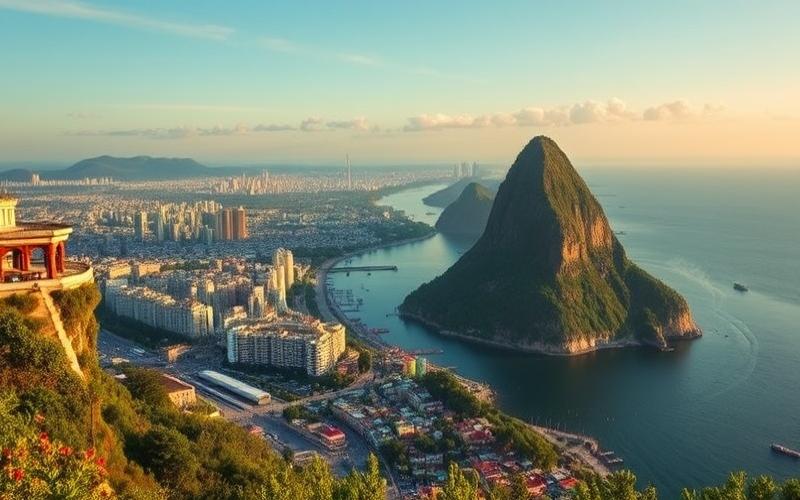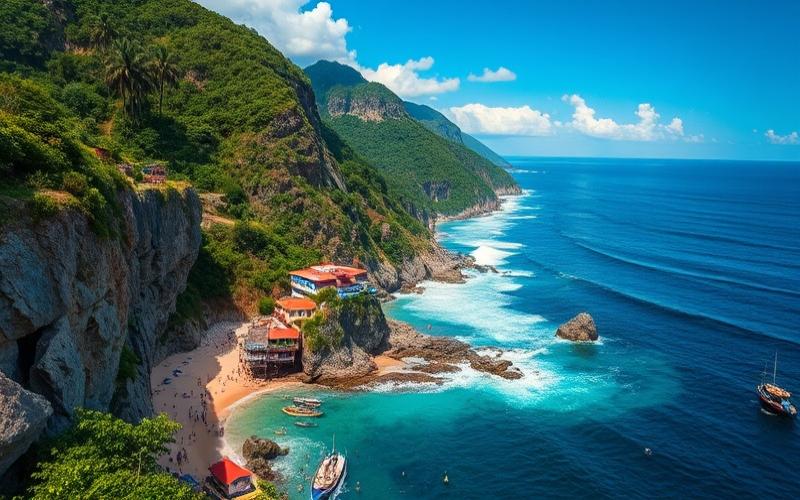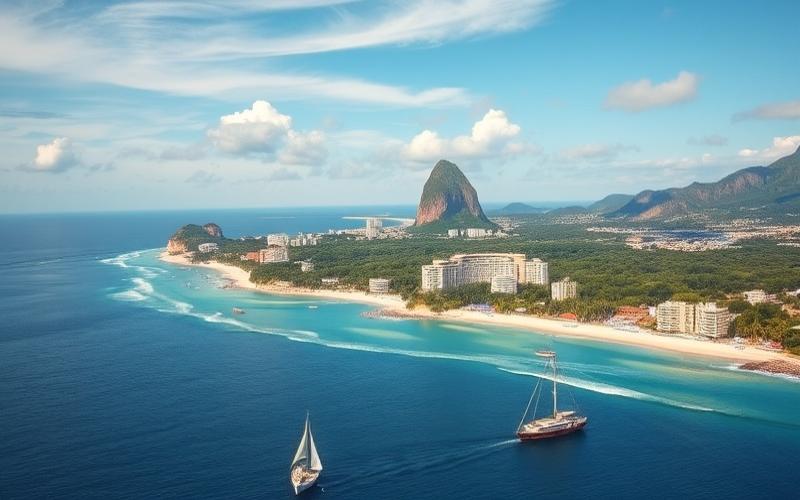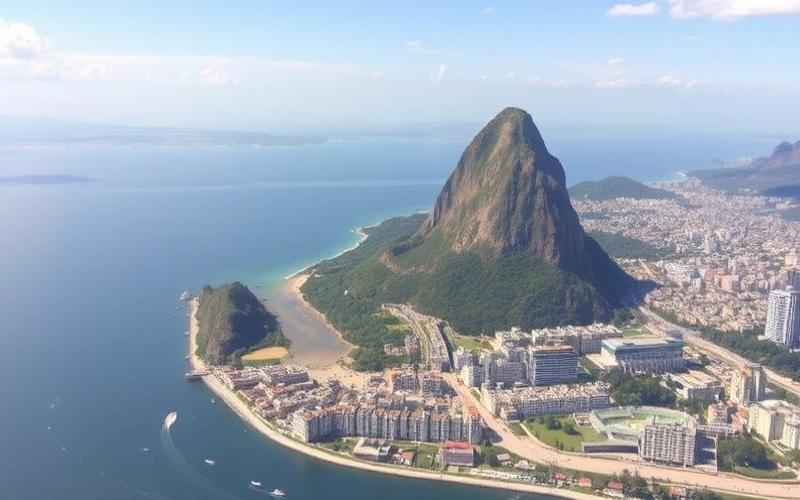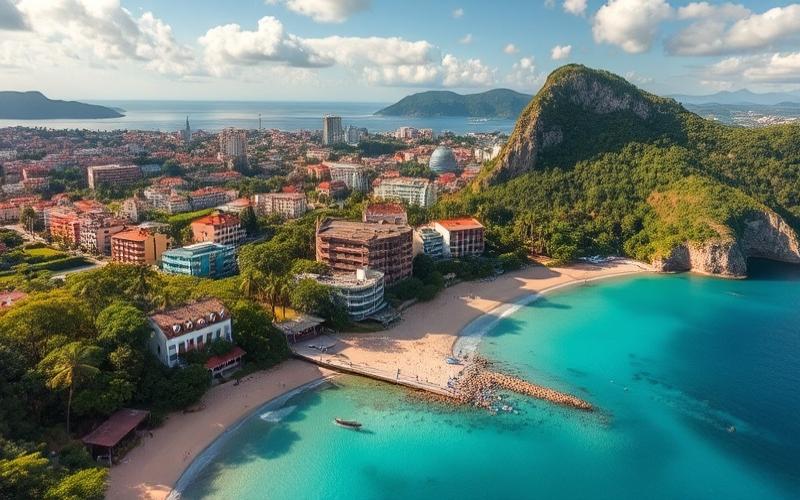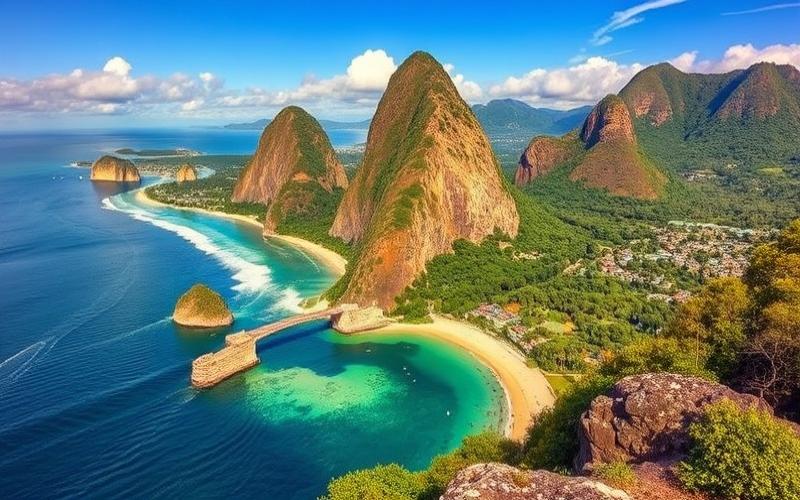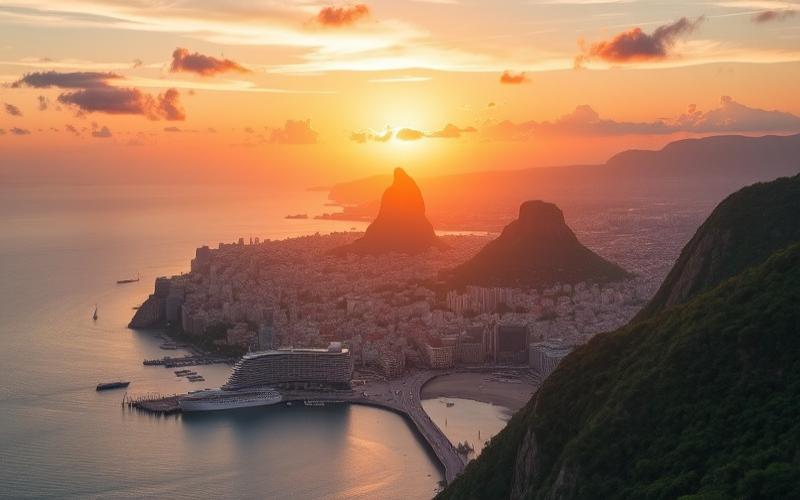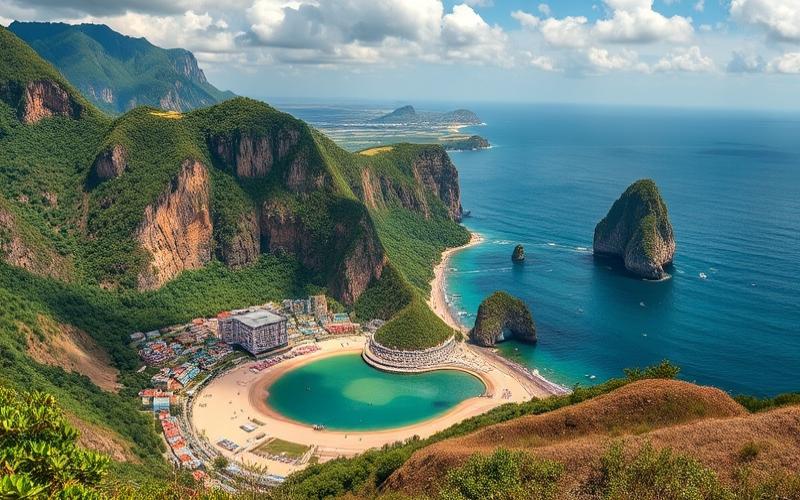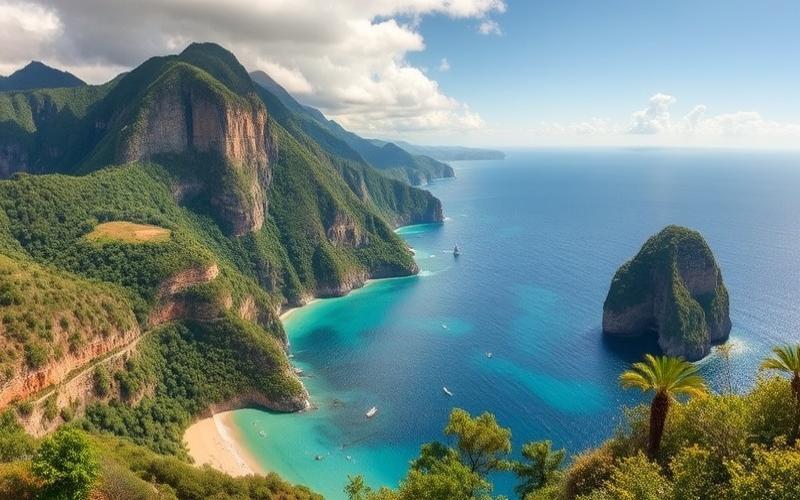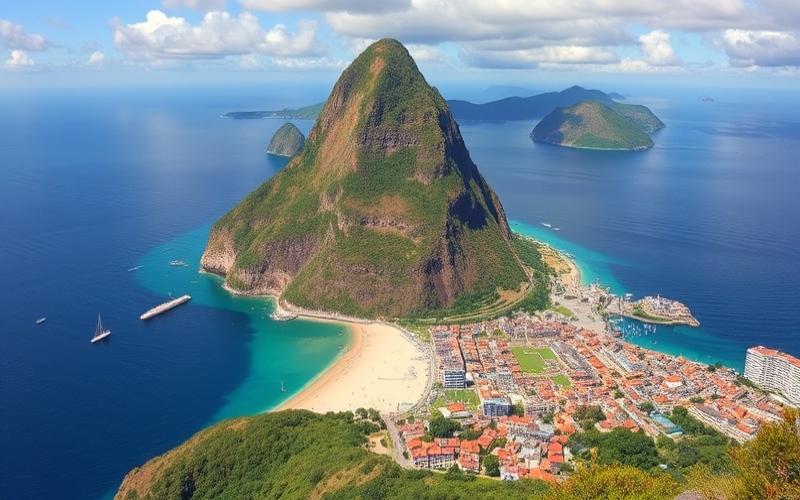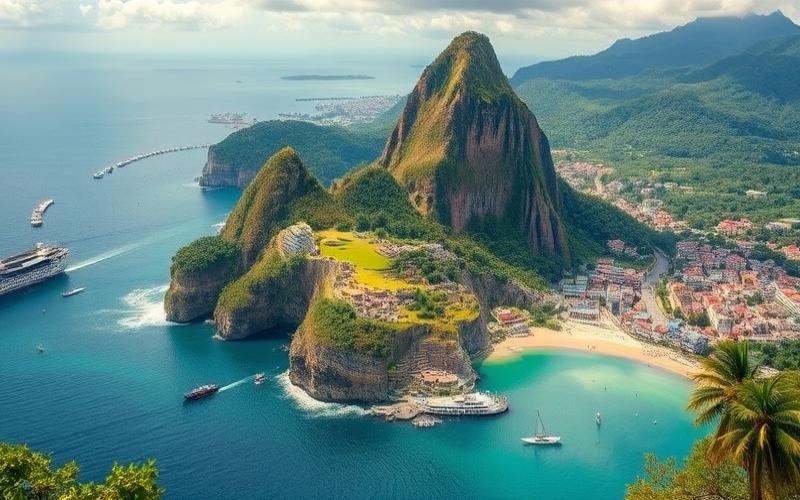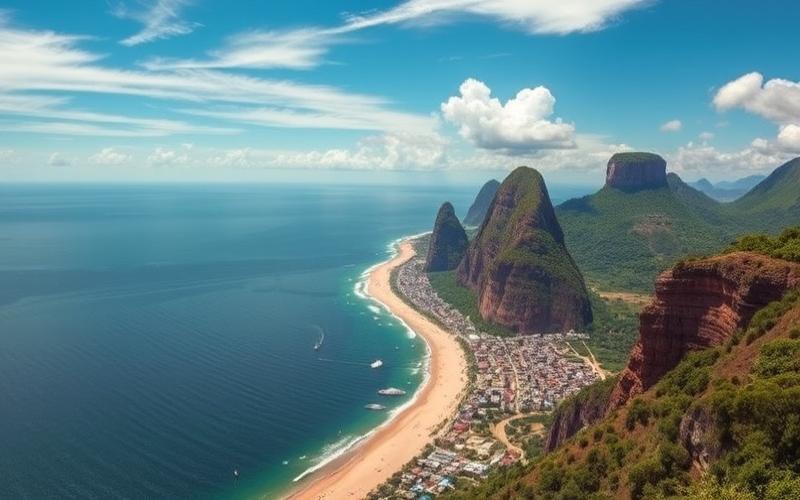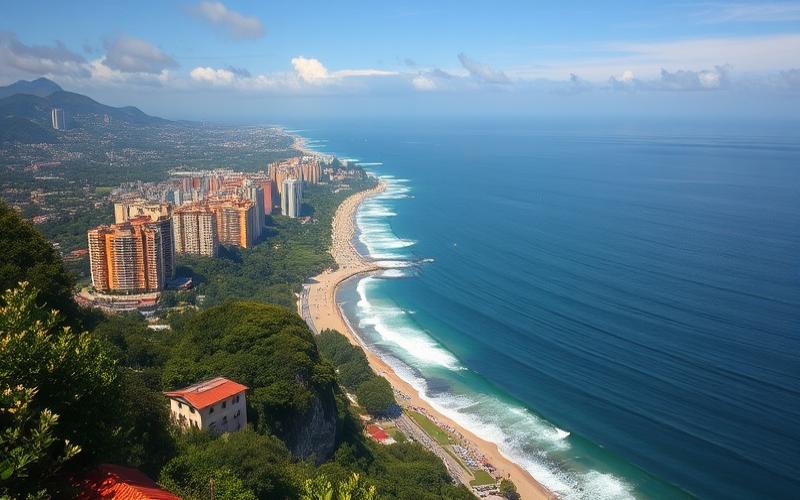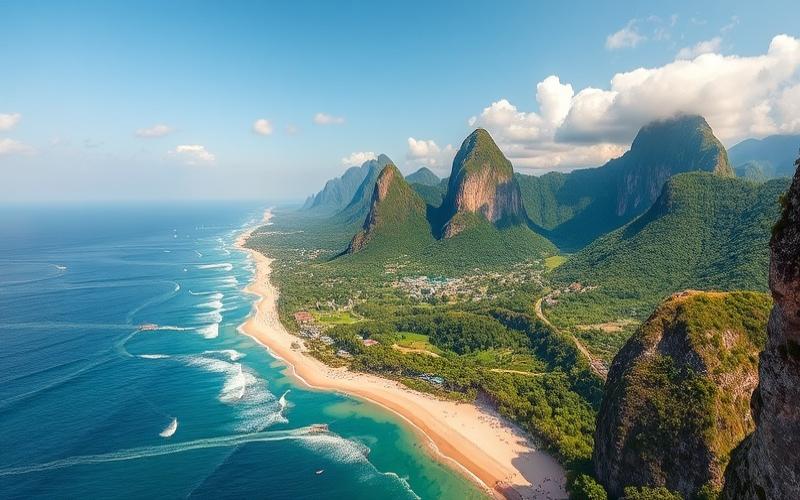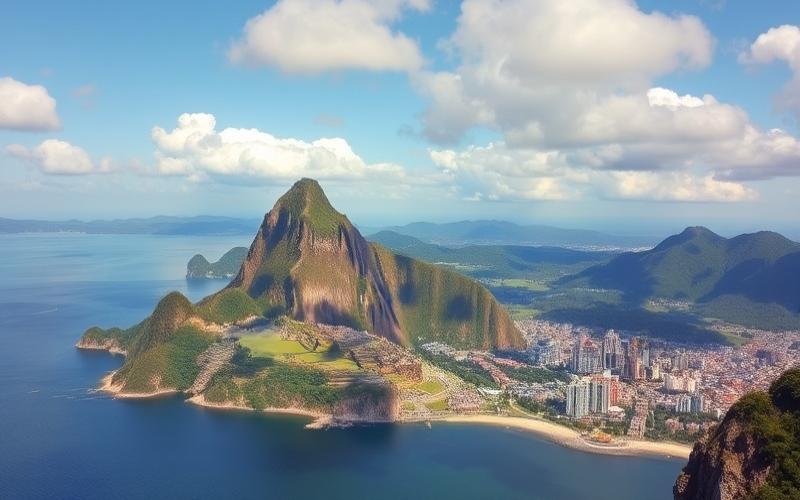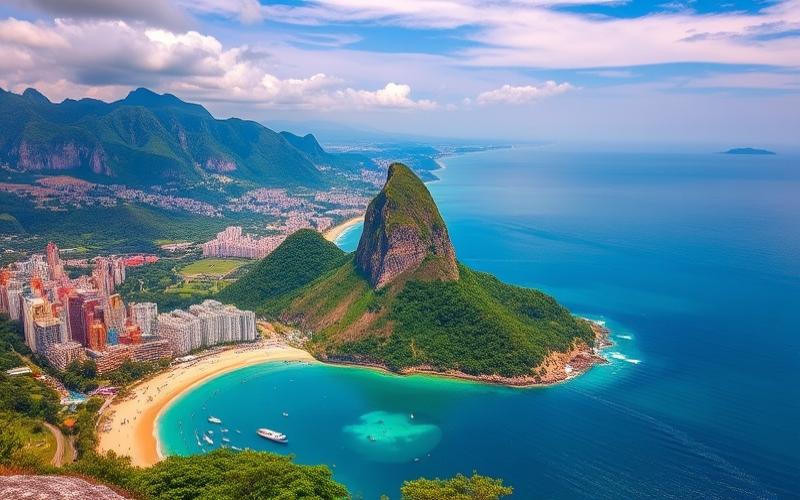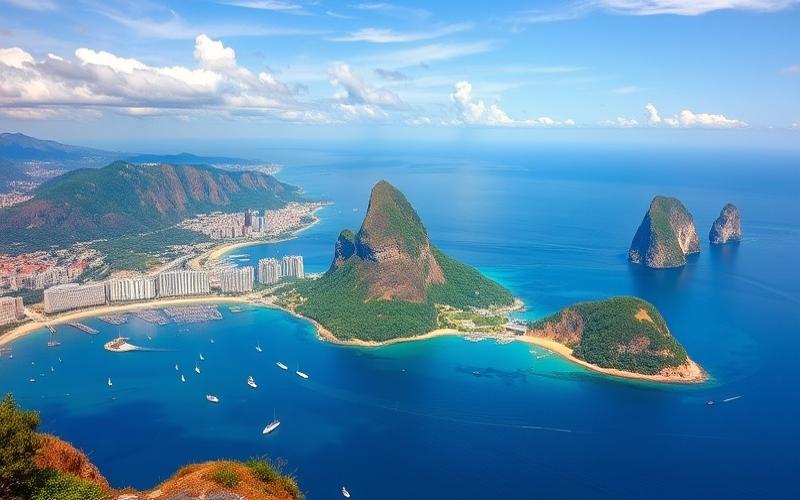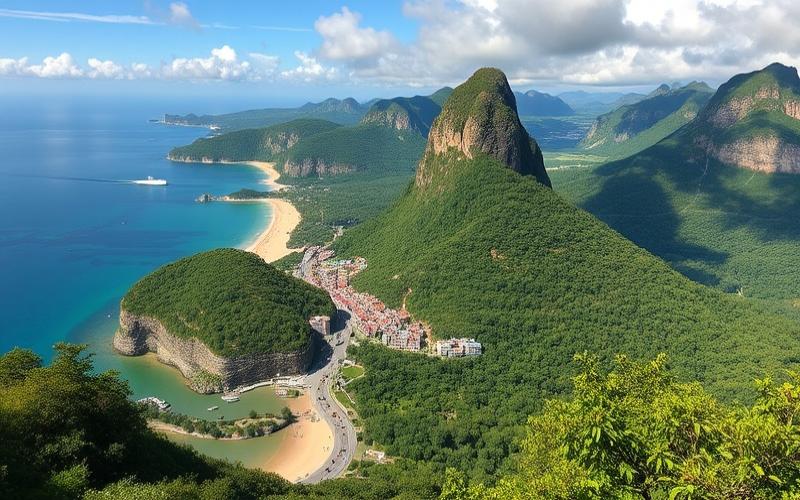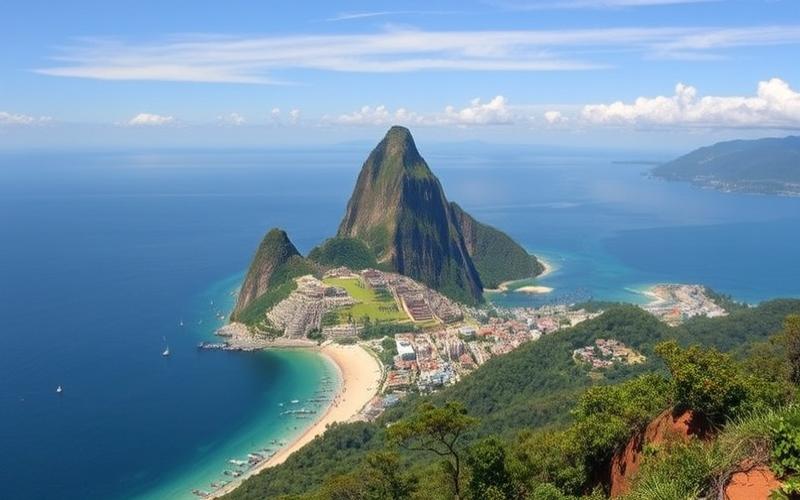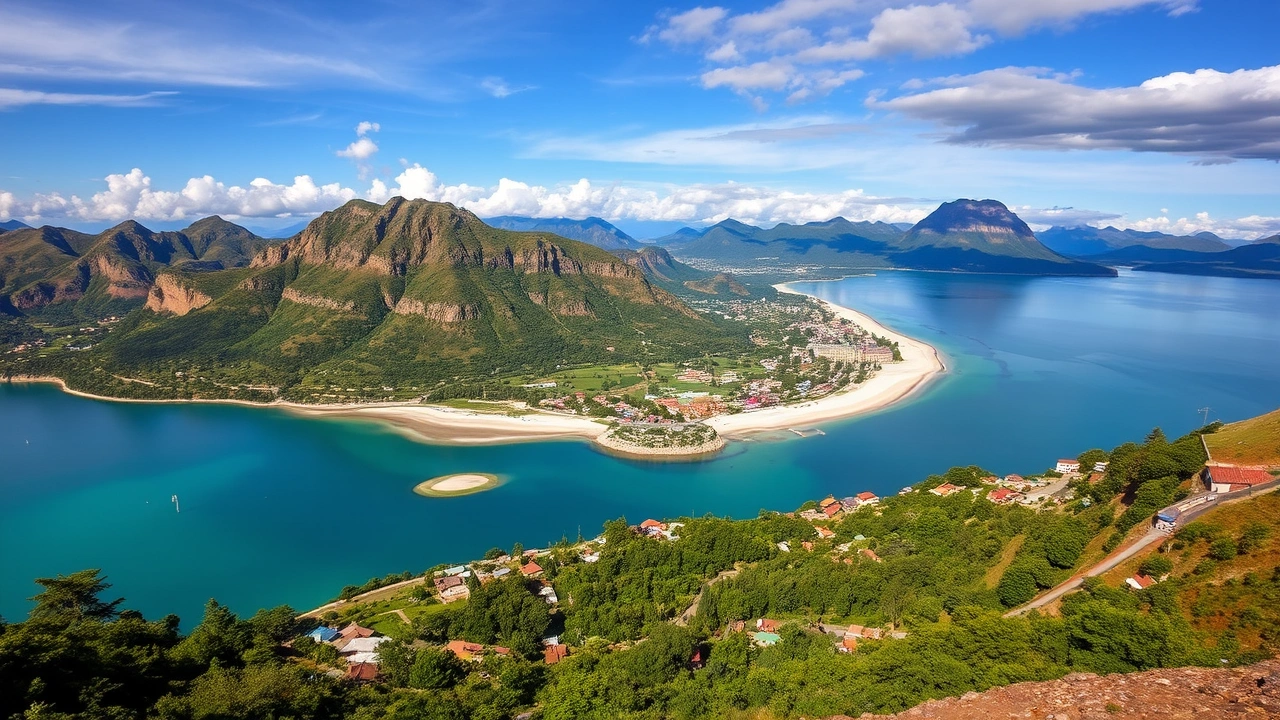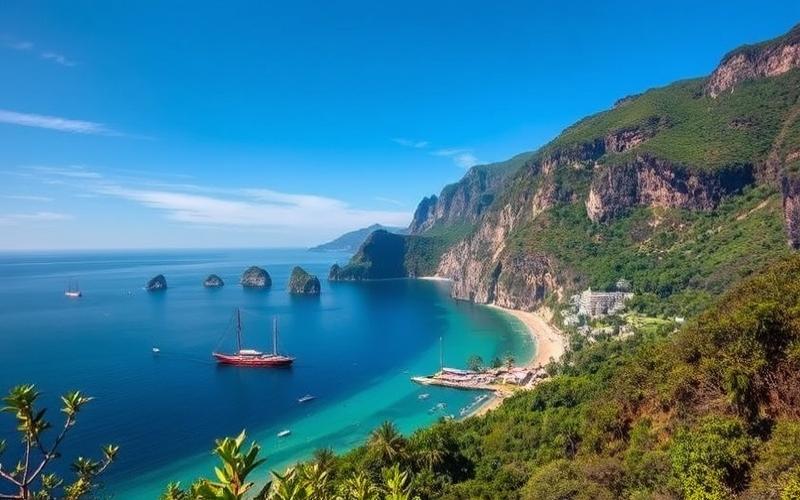
 Published on and written by Cyril Jarnias
Published on and written by Cyril Jarnias
Navigating the administrative maze to obtain a fishing permit in Brazil can prove to be a significant challenge, especially when considering the country’s vastness and ecological diversity.
With its authorized fishing zones spread across thousands of kilometers of coastline, rivers, and lakes, Brazil offers a range of opportunities that combine adventure with environmental respect.
Understanding the specific rules and necessary procedures to access these unique aquatic treasures is essential for anyone wishing to explore the country’s exceptional fish diversity in complete legality and safety.
This article reveals everything you need to know to complete these crucial steps and dive into an unforgettable fishing experience.
Details of Procedures for Obtaining a Fishing Permit in Brazil
Types of Fishing Permits in Brazil
| Permit Type | Description | Target Audience |
|---|---|---|
| Recreational Fishing Permit | Authorizes fishing for leisure purposes, including sport fishing and tourist fishing. | Individuals, tourists, sport fishers |
| Commercial Fishing Permit | Authorizes fishing for sales or professional operations. | Businesses, professional fishers |
Required Documents for Permit Application
- Official identification (passport or national ID card)
- Permit application form, available on the competent agency’s website
- Proof of residence in Brazil (electricity bill, rental contract, etc.)
- For foreigners: valid visa or residence permit
- Recent identification photo (for certain permits)
Steps to Apply for a Permit
- Complete the online application form on the Ministry of Fisheries or IBAMA website (Instituto Brasileiro do Meio Ambiente e dos Recursos Naturais Renováveis).
- Attach required documents, scanned and in the requested format.
- Verify the accuracy of entered information.
- Proceed with payment of processing fees through available options (typically boleto bancário or credit card).
- Submit the application online.
- Await confirmation and permit issuance, typically sent by email or accessible via the applicant’s personal account.
Associated Fees and Payment Methods
| Permit Type | Approximate Cost (R$) | Accepted Payment Methods |
|---|---|---|
| Individual Recreational | 20 to 60 | Boleto bancário, bank card |
| Commercial (small scale) | 80 to 200 | Boleto bancário, bank card |
| Commercial (large scale) | > 200 | Bank transfer, boleto, bank card |
Processing Times and Validity Period
- Processing time: typically between 3 and 10 business days.
- Permit validity: 1 year from issuance date (renewable).
Practical Tips for Successful Application
- Ensure all documents are legible and up-to-date before submission.
- Use a valid and frequently checked email address to receive notifications.
- Confirm payment has been validated (keep proof of payment).
- Avoid data entry errors in the form, particularly regarding personal information and address.
- Check local regulations on authorized species and quotas before fishing.
Common Mistakes to Avoid
- Providing incomplete or illegible documents.
- Forgetting to attach payment confirmation.
- Using incorrect or inactive email address.
- Not respecting permit renewal deadlines.
Useful Contacts
| Agency | Contact |
|---|---|
| IBAMA (online permits) | atendimento@ibama.gov.br |
| Ministry of Fisheries and Aquaculture | suporte@mpa.gov.br |
| IBAMA Phone Support | +55 61 3316-1000 |
| Local Assistance (Port Authority) | Local Port Authority number |
For any application, prioritize the online procedure, which is faster and simplified. In case of difficulty, contact the agency by email or phone for personalized assistance.
Before fishing in Brazil, it is mandatory to obtain a permit appropriate for the activity. Non-compliance with procedures may result in administrative penalties and confiscation of fishing equipment.
Good to Know:
Fishing permits in Brazil include recreational and commercial categories, with applications possible online through IBAMA; submit identification, a properly completed form, and proof of residence to avoid common mistakes. Be prepared to pay variable fees online or in person and contact IBAMA support for assistance.
Authorized Fishing Zones for Expatriates in Brazil
Geographical Fishing Zones Authorized for Expatriates in Brazil:
- Coastal Regions
Expatriates can practice sport fishing along the Brazilian Atlantic coast, particularly in the Northeast, Southeast, and South states. Marine waters allow catching species like snook, mahi-mahi, yellowfin tuna, bonito, barracuda, grouper, blue runner, marlin, and swordfish. - Inland Regions
Most freshwater fishing is concentrated in the Amazon basin (Amazonas, Pará, Rondônia, Acre, Mato Grosso). Main accessible rivers include the Amazon River, Negro River, Araguaia River, Juma River, and São Francisco River. These rivers host iconic species like peacock bass, arapaima, piraiba, payara, and pirarara.
Distinctions Between Protected Areas, National Parks, and International Waters:
| Zone | Fishing Access | Specific Regulations |
|---|---|---|
| Protected Areas | Highly regulated or prohibited | Access often limited to scientific programs or ecotourism |
| National Parks | Generally prohibited | Sport fishing prohibited except for exceptional exemptions |
| International Waters | Free under compliance with Brazilian laws | Respect quotas and prohibitions on threatened species |
| Non-Protected Areas | Permitted with permit | Catch limits, closed seasons, protected species |
Specific Regulations by Zone
- Protected Areas and National Parks:
Fishing is strictly regulated or prohibited. Any activity must be authorized by ICMBio (Chico Mendes Institute for Biodiversity Conservation). Endemic or threatened species are protected, and only certain scientific or ecotourism projects may obtain exemptions. - Non-Protected Areas (river basins, coasts outside reserves):
Sport fishing is permitted with a license. Catch quotas vary by species, period, and river. Examples of authorized species: peacock bass, arapaima (with quota), piraiba, snook, mahi-mahi. - International Waters:
Brazilian rules apply up to the territorial waters limit (12 nautical miles). Beyond that, international conventions and neighboring country regulations must also be respected if crossing maritime borders.
Local Administrative Requirements for Expatriates
- Fishing Permit (Licença de Pesca Amadora) mandatory for all sport fishing, to be requested from the Ministry of Agriculture, Livestock, and Supply (MAPA) or via the federal government website.
- Special Authorization required for any activity in a reserve, national park, or protected area, issued by ICMBio or IBAMA.
- Compliance with local regulations (quotas, minimum sizes, closed seasons) varying by state and river basin.
- Some local operators can facilitate obtaining authorizations and provide licensed guides.
Main Resources and Agencies for Updated Information
- ICMBio (Instituto Chico Mendes de Conservação da Biodiversidade): management of parks and reserves.
- IBAMA (Instituto Brasileiro do Meio Ambiente e dos Recursos Naturais Renováveis): fishing control and regulation.
- MAPA (Ministério da Agricultura, Pecuária e Abastecimento): issuance of sport fishing licenses.
- State Environment Secretariats: regional information on closed seasons and quotas.
- Local Sport Fishing Federations: practical information and support for administrative procedures.
Commonly Authorized Fish Species for Sport Fishing by Zone
| Environment | Main Authorized Species | Indicative Quotas* |
|---|---|---|
| Freshwater (Amazon) | Peacock bass, arapaima, piraiba, pirarara | Variable by decree |
| Coastal Waters | Snook, mahi-mahi, yellowfin tuna, grouper | Variable, by regulations |
| International Waters | Species not protected by conventions | According to national quotas |
*Quotas and authorized species are updated annually by local authorities.
Good to Know:
Expatriates can fish in specific zones in Brazil, such as the Amazon coasts, Paraná River banks, and certain coastal waters, provided they respect quotas and authorized species; it is important to verify local regulations and contact IBAMA for updated information.
Main Regulations on Fishing Permits in Brazil
Main current regulations concerning fishing permits in Brazil:
- The central federal law governing fishing is Law 11.959/2009, which establishes sustainable management principles, sets activity access conditions, and organizes the National Fishing Registry.
- Decree No. 8425 specifies admission criteria for the national fishers registry and details exercise modalities for each category (artisanal, commercial, sport).
- Brazilian states may supplement this federal framework with regional regulations adapted to their environmental specificities.
| Permit Category | Description | Main Requirements |
|---|---|---|
| Artisanal Fishing | Small scale, for subsistence or local use | Registration in national registry; training |
| Commercial Fishing | Industrial or semi-industrial operation | Specific permit; quotas; inspections |
| Sport/Amateur Fishing | Recreational | Individual annual or daily permit |
Requirements for Obtaining:
- Prior registration in the National Registry (Registro Geral da Atividade Pesqueira – RGP).
- Provision of personal and professional documents.
- Compliance with quotas set by species and zone.
- Possible payment of fees according to category.
Regulated Zones and Specific Restrictions:
List of zones under enhanced regulation:
- Marine Protected Areas (MPA)
- Extractive reserves
- Zones prohibited to certain destructive techniques
Specific restrictions:
- Strict prohibition on capturing certain threatened species listed on official national or international lists (example: goliath grouper).
- Mandatory seasonal closures to protect spawning.
| Zone/Protection | Species/Activities Concerned | Main Restriction |
|---|---|---|
| Marine Protected Areas | All | Total/partial prohibition |
| Sensitive Coastal Zones | Threatened/endemic species | Capture prohibited |
Fines and Sanctions for Violations:
Non-exhaustive list:
- Financial fines proportional to offense severity (can reach several thousand reais)
- Equipment seizure
- Permit suspension/permanent revocation
Recent Initiatives for Sustainable Management:
The government has undertaken a major reform aiming for adoption in 2025 of a new legal framework strengthening:
- Explicit obligation for sustainable management of fish stocks
- Systematic integration of scientific data in annual plan development
- Increased transparency via public consultation with direct involvement of local communities
These measures also include:
- Pilot programs on mandatory electronic monitoring for certain commercial vessels;
- Accelerated development of the national marine protected areas network;
- Strengthened partnerships with specialized NGOs to improve control, continuous training of public agents, and user awareness.
Good to Know:
In Brazil, fishing permits are governed by federal laws like the Fishing Law (No. 11.959/2009) and by specific regional regulations, with distinct obligations for commercial and sport fishing; protected areas, such as the Fernando de Noronha marine reserve, impose strict restrictions to preserve threatened species and severe sanctions apply in case of violation.
Disclaimer: The information provided on this website is for informational purposes only and does not constitute financial, legal, or professional advice. We encourage you to consult qualified experts before making any investment, real estate, or expatriation decisions. Although we strive to maintain up-to-date and accurate information, we do not guarantee the completeness, accuracy, or timeliness of the proposed content. As investment and expatriation involve risks, we disclaim any liability for potential losses or damages arising from the use of this site. Your use of this site confirms your acceptance of these terms and your understanding of the associated risks.

